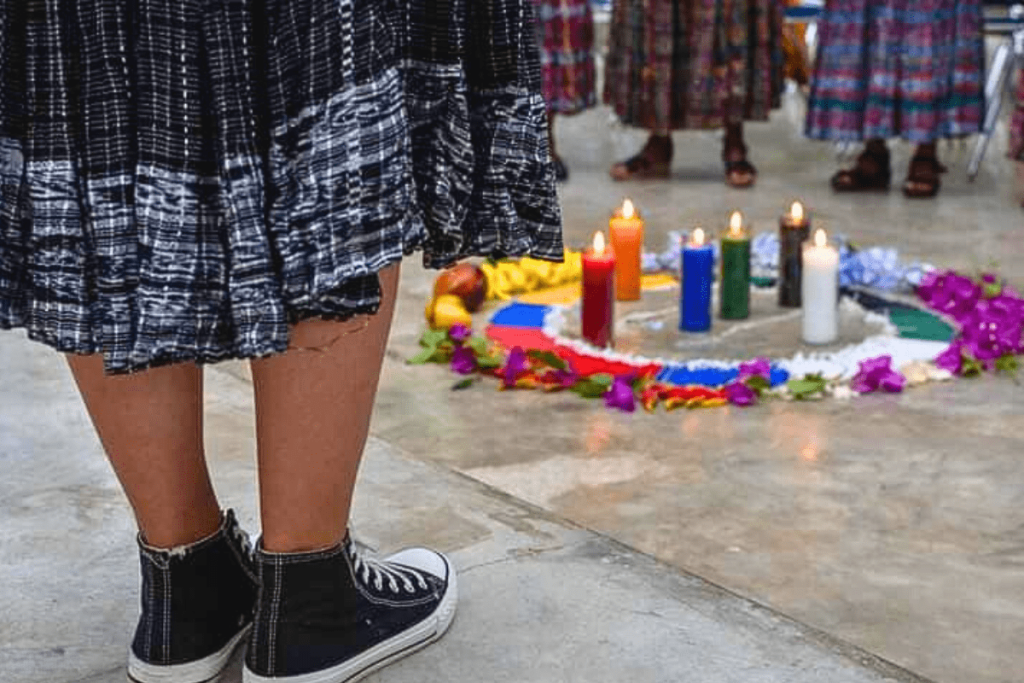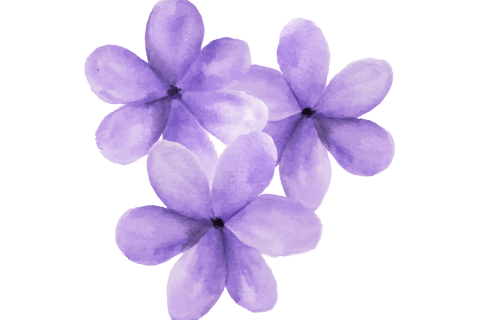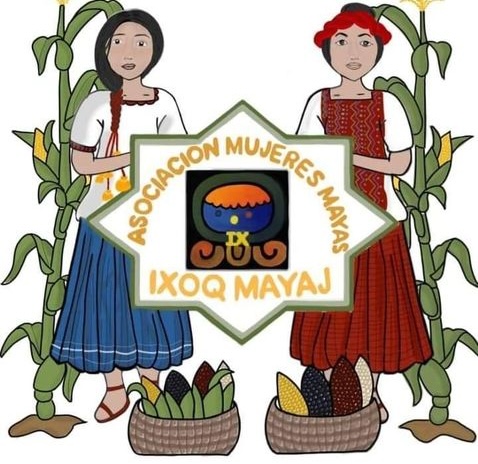According to a report by the National Network of Women Human Rights Defenders, in 2023 there were 2,687 attacks on women human rights defenders in Honduras, a increase of 125% compared to the previous year. The most affected are those belonging to indigenous, Afro-descendant, LBTIQ+ or rural communities.
76% of the attacks are directed against women fighting for land and territory. against the plundering of national or foreign capital. The main advocates are garifuna, indigenous and peasant women, who protect rivers, forests and ancestral philosophies. These women, linked to ancestral peoples, defend not only their lives and bodies, but also the natural commons., which are at the centre of collective efforts and the fight for life in a broader sense.
Women journalists and human rights defenders also face attacks because of their communication work and criticism of capitalist and neo-colonial policies. implemented by governments. Violence against these groups affects the right to freedom of the press and the free flow of journalistic information.
For women human rights defenders, the emotional impact of aggression affects their general well-being. That is why, We support community networks that offer spaces for protection, healing and accompaniment. women defenders at risk, making visible the aggressions they suffer because of the work they do, and applying ancestral knowledge of indigenous and Afro-descendant peoples on the defence of life.

They support women defending land, territories and human rights in Latin America (Abya Yala).
Shelter houses are created for women human rights defenders at risk and their families to find safety and security.
They support the recognition and impact of work to advance human rights. that women human rights defenders do.
Healing processes based on ancestral knowledge are being implemented. to help women defenders recover emotionally, physically and spiritually.
Making aggressions visible women human rights defenders suffer for the work they do.

Comprehensive response to rising violence against women defenders in the region.
They have a decolonial outlook in all its processes.

TZK'AT - Ancestral Feminist Community Healers Network
This territorial political articulation, made up of Maya Q'eqchi’ women, midwives, leaders, students, sahumadoras, hierberas; arose from the meeting of Mayan women defenders of territory who are in a situation of forced political and territorial displacement. They have arranged their ancestral healing knowledge to help other Mayan women in the Q'eqchi’ territory.’, but also in other communities both inside and outside Iximulew (Guatemala). Since its proposal of the fterritorial community eminism and healing as a cosmic-political path, they contribute from an approach for the emotional, physical, spiritual and political recovery of criminalised and prosecuted women defenders in the region.

Association of indigenous and peasant women Ixcoq Mayaj
Sof the Verapaz Union of Campesino Organisations (UVOC). on 21 December 2008, is an organisation that works for the integral development of rural and indigenous women from the Q'eqchi', Poqomchi', and Achi communities in the region of Tezulutlán, Guatemala. Its mission is to promoting rural development from a cosmogonic and ethnic perspective, advocating for a a fairer, more inclusive and equitable society, with real democracy, where women and indigenous peoples are at the centre of development. The partnership also focuses on combating inequality and violence against women, offering technical, legal and administrative support to address these issues.